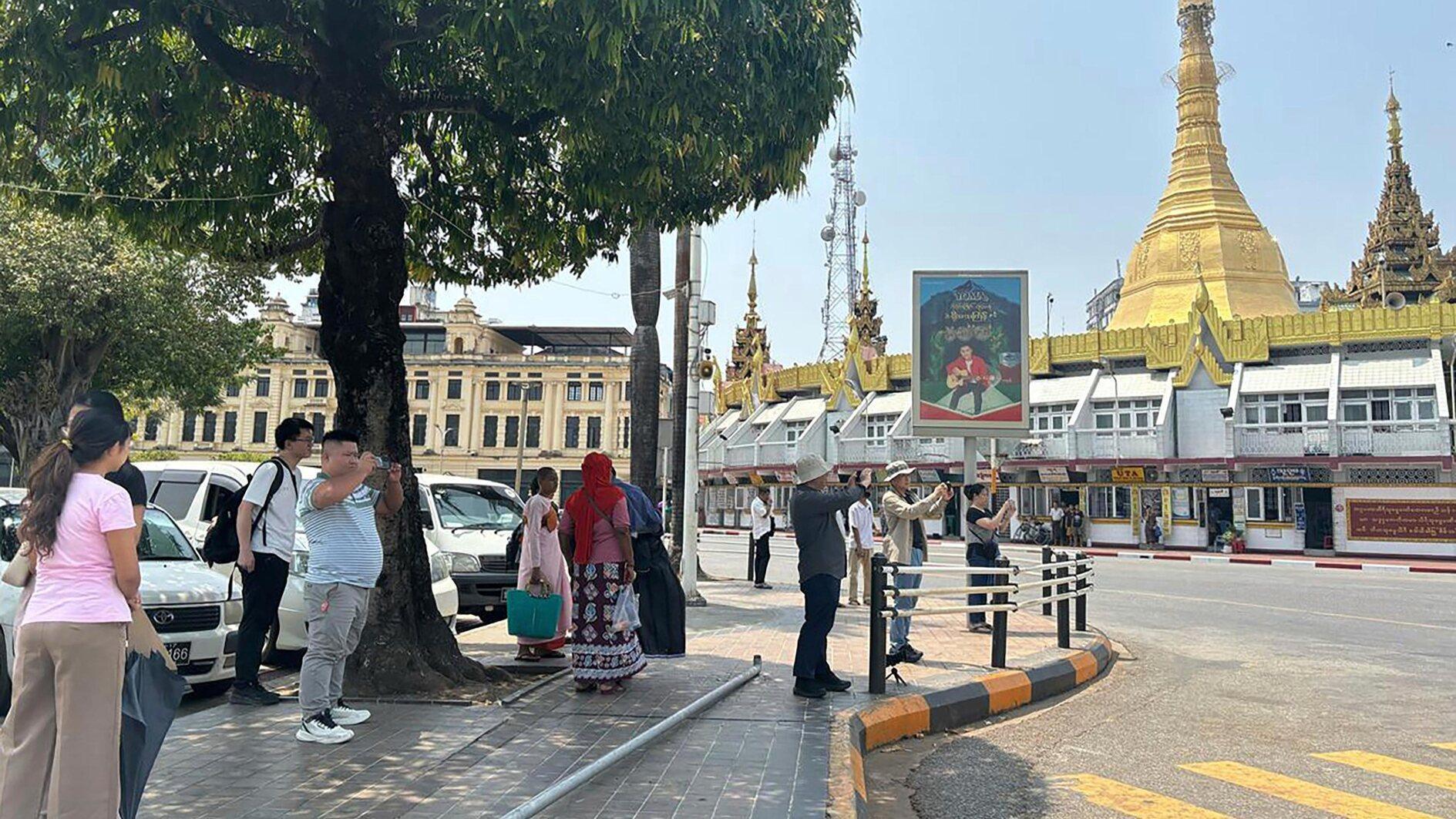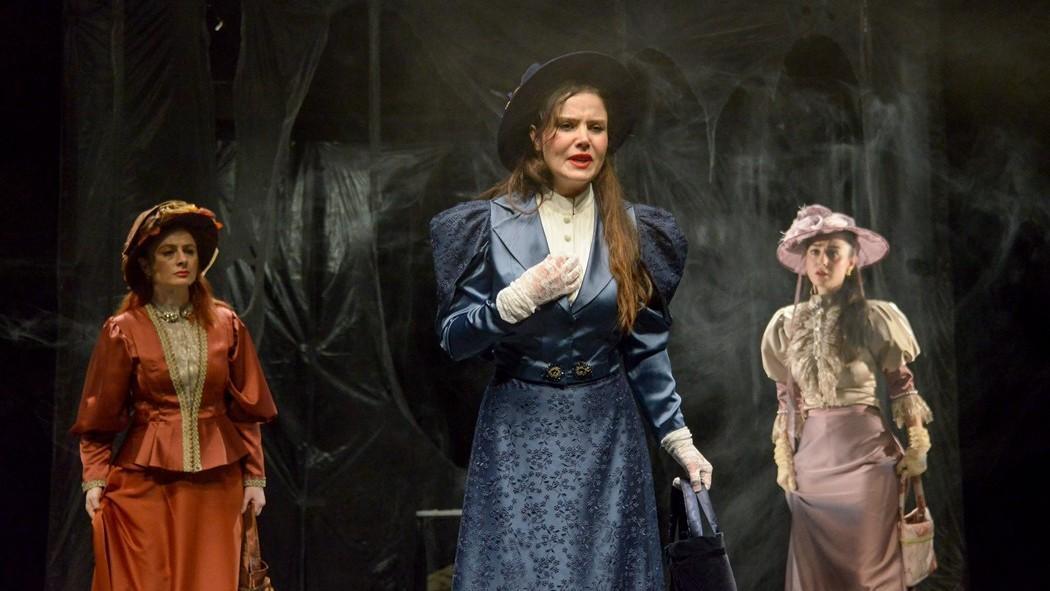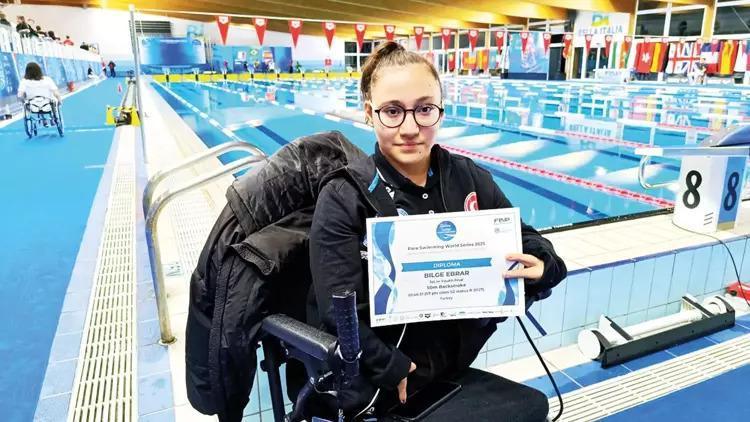Erdoğan’s visit to Brussels: an exercise for damage control
For those who believe that Turkey needs to remain anchored to the European Union, the upcoming visit of Prime Minister Recep Tayyip Erdoğan to Brussels was seen as a step to “modestly” revitalize the stagnating accession talks. Any progress, the tiniest one is welcome: for this is the “dynamic” of Turkish-EU relations; “slow, but uninterrupted.” We need to accept and operate from the understanding that no one wants to see a quick accession for Turkey…and actually even this sentence can be an overstatement.
The majority in Europe does not want to see Turkey in the EU; and those who can tolerate the idea of Turkey as a member, would not mind if that day will come in the long run, rather than in the foreseeable future. And this is nothing to be surprised about. If a country in the size, dimension and characteristics of Turkey becomes a member of the 28 nations bloc, it will upset the balance in the already crisis stricken EU.
As Turkey’s integration into Europe has been an uphill battle, patience and persistence is very important.
We have witnessed by the end of 2013 some developments that would get the dust off of the accession talks. After an interval of 3.5 years, talks started on one new chapter last November. This was followed in December with the signature of an agreement to enter discussions on dropping visa requirements for Turks visiting Europe. This, of course, was possible only because Turkey accepted to sign the readmission agreement allowing EU governments to send back illegal immigrants crossing into Europe from Turkey.
These two positive developments were to be followed by the visit of the Turkish prime minister to Brussels, where he is scheduled to meet, EU President Herman Van Rompuy, European Commission President José Manuel Barroso and European Parliament President Martin Schulz.
I have no doubt in my mind Erdoğan has proven his credentials as an authoritarian ruler in the eyes of this trio. Yet, as there is no such possibility for accession talks to accelerate in the short and midterm, why should they risk taking any action that could lead to a rupture in relations. After all, the “deep” Europe also knows that rupture is not in the interest of Europeans. By now, they also know a direct and critical message to Erdoğan could lead to accidents on the road, as the Turkish Prime Minister would be more than happy to slam the door to the EU and come back to Turkey to have a hero’s welcome by the fervent supporters of the Justice and Development Party (AKP), reminiscent to his return from Davos, where he had walked away from a war of words with the Israeli President.
But obviously they cannot turn a blind eye to what has been going on in Turkey since the Gezi events and Dec. 17. Will they voice a strong warning that the democratic backpedalling that has been witnessed in Turkey is against the criteria that is required for membership talks? I don’t think so.
This is what I think will happen: (although this speculative scenario is obviously subject to change, as there are so many new developments unfolding everyday)
Erdoğan will insistently make a point that there is a parallel structure within the police and judiciary. He will ask “which democratic regime, which country in the EU will tolerate a separate, autonomous structure to operate within the state apparatus?” And if it will be the day where his pragmatism is at peak, he might even make use of their “Islamophobia” by saying the parallel structure takes its order from a “RELIGIOUS!” community. Of course, his interlocutors will not say that it was Erdoğan himself who had tolerated this parallel structure until recently. Instead, they will say something along the lines, “Do it by staying within the limits of democracy.” But they will say it with such diplomatic mumbo jumbo that it will be lost in translation.
Erdoğan will tell the obedient accompanying Turkish press he convinced Brussels. The trio will tell European press they made their point. Some of the European journalists asking questions will be ridiculed by Erdoğan, just as he did in the past.
Then again, accidents on the road are still possible and the job of the diplomats during the visit will be that of trying to contain the damage.











